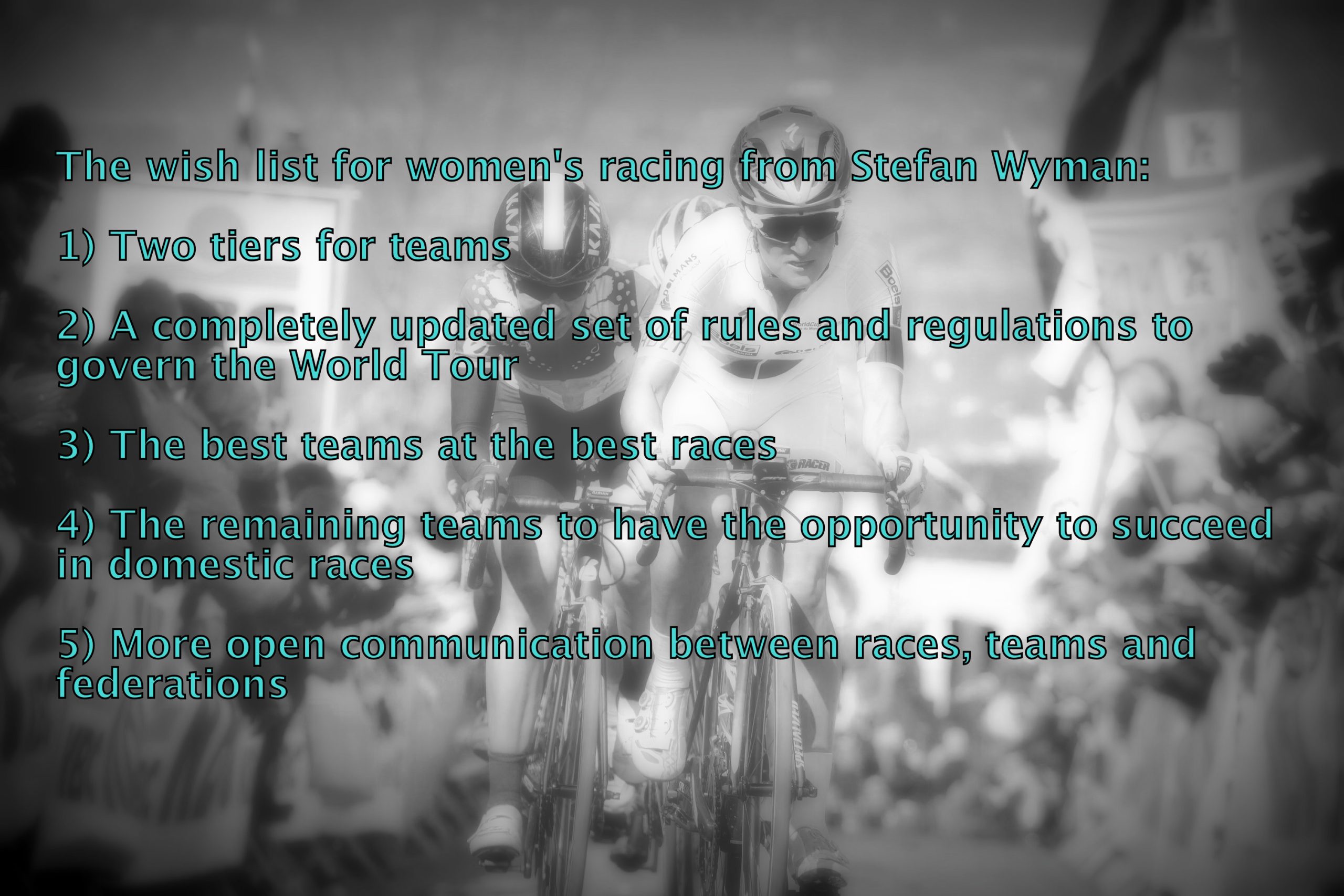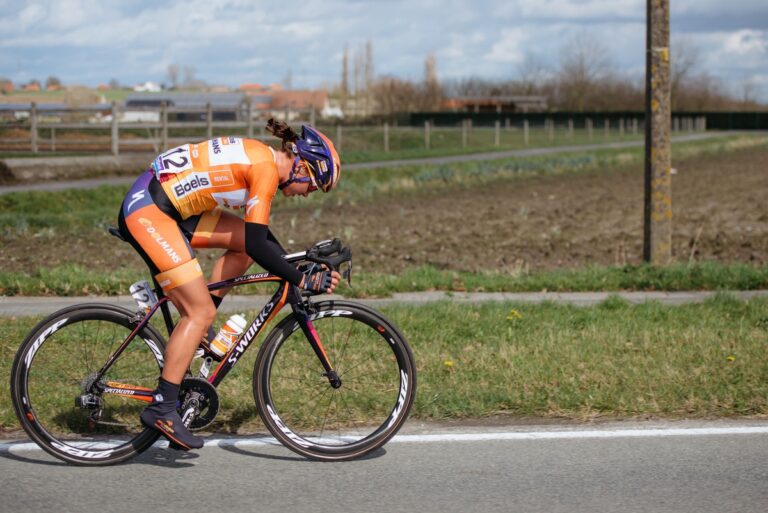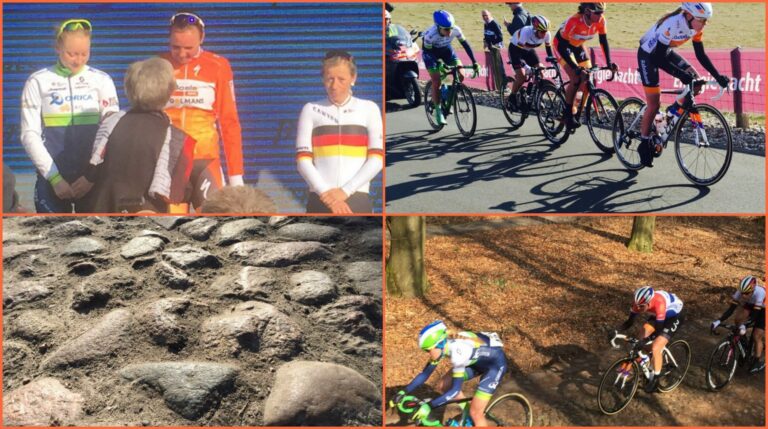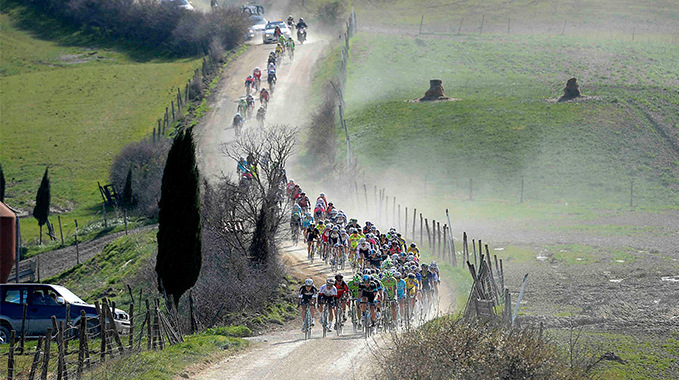The UCI Women’s World Tour kicked off with Strade Bianche over the weekend, and its introduction this year has been heralded as the start of the reinvention of women’s cycling. The new format replaces the Women’s World Cup, and takes the competition from ten single days or racing to 35, over sixteen events.
It was initially believed that the World Tour for women was to be introduced in 2017 – it was only late in 2015 when logos were released and the calendar was unveiled that it became apparent we would see the launch come this year. For many a rider, team and spectator, the introduction couldn’t come soon enough – but some are concerned that it’s been too quickly introduced, to the determent of the overall goal.
“I just think it feels to me a tiny bit rushed to market”
Matrix Fitness Race Team Manager Stefan Wyman spoke to us recently to share his concerns over the format. He explained: “I think that the Women’s World Tour concept is absolutely fantastic, it’s totally what the sport needs and I’m sure the UCI have got all the experience and knowledge and know-how to make it a really great success. I just think it feels to me a tiny bit rushed to market – it feels like it needs further consultation and to be a little bit braver in its goals.”
His concern is that though race days have been added, the events are running largely under the same regulations used for the now defunct Women’s World Cup, which match up about to that of men’s Continental racing. All this means that amateurs can ride – not every member of the peloton has to be professional, and that creates large gaps in ability.
Wyman explained his concerns, saying: “Unfortunately if you have a sport running under non-professional regulations, it’s not going to be professional. It needs a fresh set of eyes to come in and make those rules progressive.”



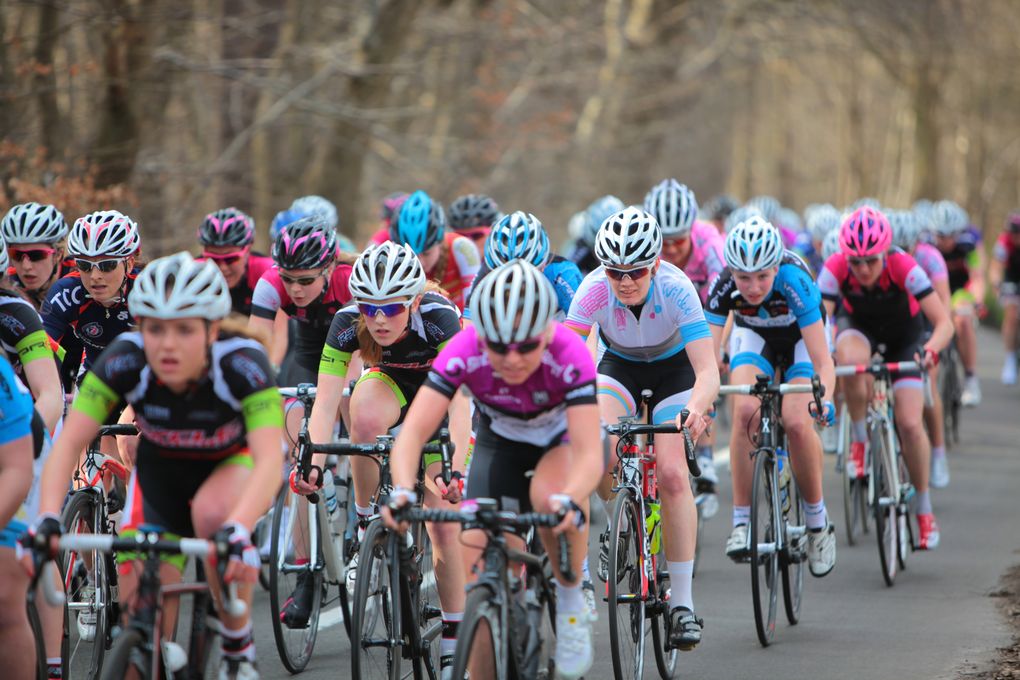 The Dave Peck Race, image: twickenhamcc.co.uk/
The Dave Peck Race, image: twickenhamcc.co.uk/